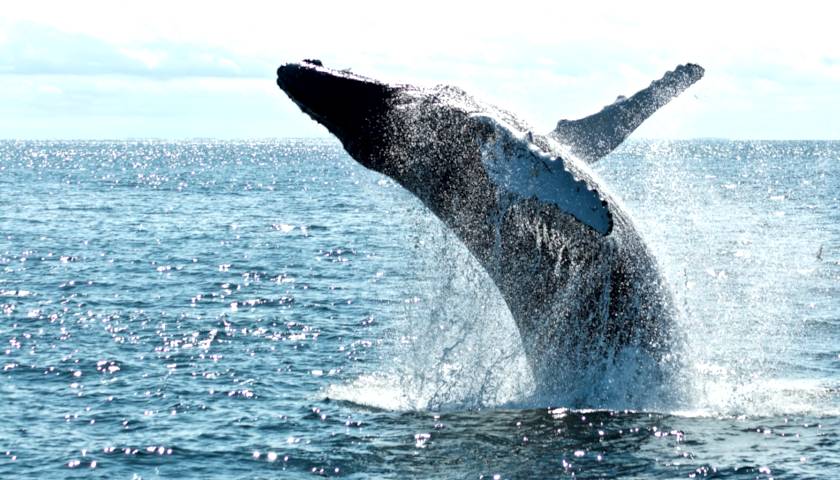The recent spate of anti-Israel demonstrations at college campuses could cause déjà vu for North Dakotans, who endured the Dakota Access Pipeline protests in 2016. Like many of the campus protests, the pipeline protests were funded and fueled by big outside groups that showed little concern for the damaging impacts of their actions.
Now, a lawsuit being heard this summer is designed to hold some of these groups responsible for their actions. Energy Transfer, the owner and operator of the pipeline, is suing Greenpeace and other alleged instigators for $300 million for the damages sustained by the company as a result of these protests. The lawsuit claims that these environmental activists spent months spreading false information about the pipeline project and helped fund out-of-state agitators who attacked law enforcement and damaged property during the protests.
Read More

